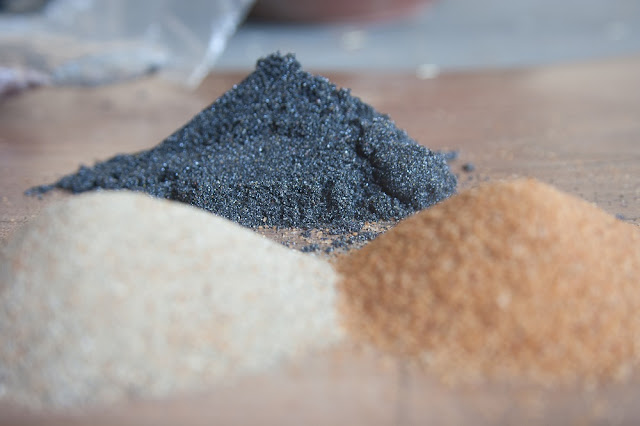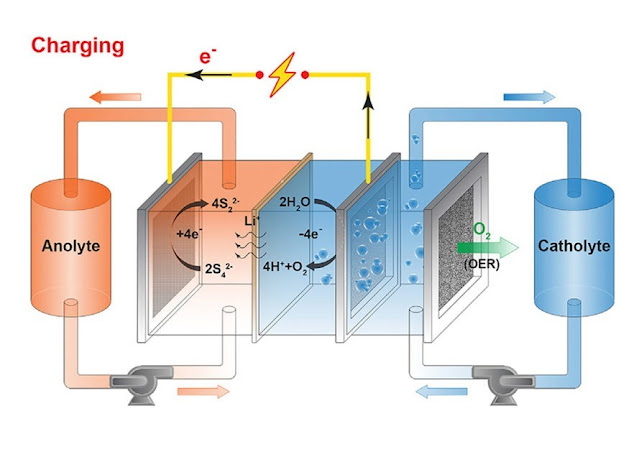The Washed Silica Sand Market to Emerge as the Fastest Growing Segment Owing to Rising Demand from Construction and Industrial Sectors
 |
| Washed Silica Sand Market |
The washed silica sand market is a type of industrial sand with low clay and silt content used for applications requiring high purity. It is produced by screening and washing of natural sand deposits to remove fine particles and impurities. The washed silica sand has a purity of over 99% silica content making it suitable for various construction and industrial applications. It finds use in glass making, hydraulic fracturing, water filtration, metal casting, etc due to its high purity, smooth texture and round particle shape. The rising demand from construction sector for manufacturing concrete and asphalt is driving the market.
The global washed silica sand market is estimated to be valued at US$ 18.56 Bn
in 2024 and is expected to exhibit a CAGR of 5.6% over the forecast period 2024
to 2031.
The
construction industry remains the major end-user of Washed
silica sand Market size accounting
for over 30% of global demand. It is used in the manufacture of concrete and
asphalt owing to its ability to enhance strength and durability of the final
product. Further, growing oil & gas exploration and production activities
are spurring demand for hydraulic fracturing requiring huge volumes of premium
washed sand.
Key Takeaways
Key players operating in the washed silica sand market are Unimin Corporation,
Fairmount Minerals, US Silica Holdings, Inc., Emerge Energy Services LP, Badger
Mining Corp, Hi-Crush Partners, Preferred Sands, Premier Silica, Pattison Sand,
Sibelco, Minerali Industriali, Quarzwerke Group, Aggregate Industries &
WOLFF & MÜLLER, VRX Silica Limited, Australian Silica Quartz Group
Ltd, Adwan Chemical Industries Company, Refcast Corporation, Zillion Sawa Minerals
Pvt. Ltd., TMM India, and Srinath Enterprises.
The construction industry remains the key end-user segment and is expected to
drive over 30% of demand for washed silica sand. Rapid urbanization and
infrastructure development plans across developing countries are fueling
consumption.
Technological advancements in mining and processing techniques such as advanced
screening and washing systems have improved the productivity and purity of
washed silica sand. This is encouraging capacity additions to cater to growing
demand.
Market Trends
Growing demand for glass from packaging and automotive industries - Rapid
growth of the packaging industry due to e-commerce boom and rising vehicle
production are propelling glass demand. This will amplify washed silica sand
consumption in glassmaking.
Increasing focus on R&D of synthetic aggregates - Ongoing R&D to
develop synthetic aggregates from fly ash, slag, etc. that can replace washed
silica sand in some applications is a budding trend in the industry.
Market Opportunities
Untapped potential in Asia Pacific - Countries like India and ASEAN nations
offer immense opportunity for market players owing to improving economic
conditions and massive infrastructure spending.
Emerging applications in lithium-ion batteries - Washed silica is finding new
application as a key component in the production of silicon-based lithium-ion
batteries providing longer charge and life.
Impact of COVID-19 on Washed Silica Sand Market
The COVID-19 pandemic had a notable impact on the washed silica sand market.
During the initial outbreak and lockdowns in early 2020, supply chains and
logistics were severely disrupted. Construction projects faced delays or
shutdowns due to restrictions on workforce movement and availability of raw
materials. This led to a steep decline in demand for washed silica sand from
key end-use industries like glass, paints & coatings, plastics etc through
2020. Fluctuating demand and supply imbalance impacted prices in the short
term.
However, with relaxing lockdowns and resumption of activities from mid-2020,
the market saw a gradual recovery. Governments announced infrastructure
spending programs to boost economic revival which increased demand. Recovery
was faster in the construction and automotive glass segments. At the same time,
higher hygiene standards increased usage of washed silica in sanitaryware and
personal care products. The electronics industry also performed well driving
photovoltaic glass requirements. Overall, the market is estimated to have
declined by around 5-7% in 2020 but returned to growth trajectory from 2021
onwards.
Going forward, continued infrastructure expansion, real estate growth and
rising standards of living are expected to support market growth post pandemic
as well. However, volatility in raw material prices due to supply chain issues
and higher energy costs remain challenges. Sustainable mining practices and
alternative sourcing strategies need to be adopted.
Geographical Concentration of Washed Silica Sand Market
In terms of value, the washed silica sand market is highly concentrated in
North America and Asia Pacific. North America currently accounts for over 30%
global market share led by the United States. Abundant reserves, growing
construction activities especially in residential sector and thriving
automotive glass industry drive demand. Government funding for infrastructure
projects especially for road and rail networks will further aid growth.
The Asia Pacific region including China and India is the fastest growing market
for washed silica sand globally growing at over 8% annually. This is attributed
to rapid industrialization and rising building construction in developing
countries. Cheap labor, availability of raw materials and presence of prominent
end-use industries have made Asia Pacific an attractive production base. Going
forward, Southeast Asian countries and economic corridors under the Belt &
Road Initiative are expected to boost regional consumption.
Get
more insights on This Topic- Washed
Silica Sand Market



Comments
Post a Comment